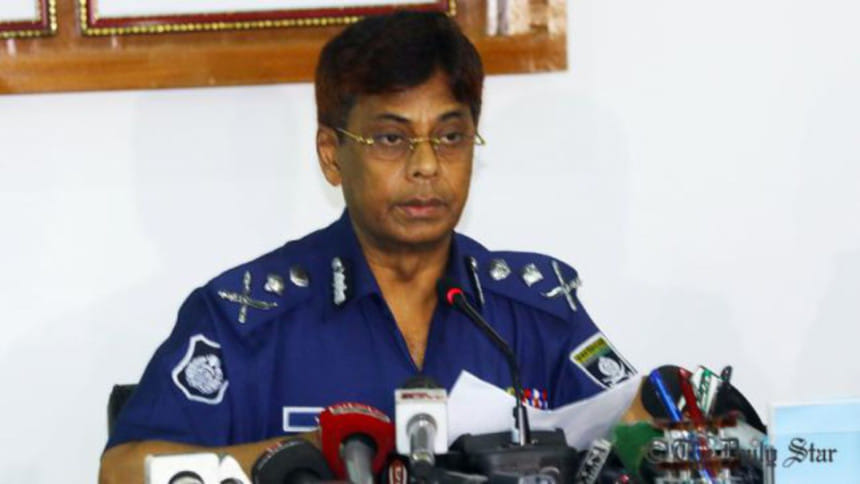Comments of IGP!

The Inspector General of Police's comments on November 10 about abductions and enforced disappearances leave us at a loss for words. We are told that crimes have been taking place "since the ancient period." Does it mean that we have to take this as fait accompli? If this is the response from the top man in law enforcement, precisely where do people turn to when a loved one disappears without a trace? He did however state that the police were hard at work to trace the disappeared and that his force has been lauded for exemplary work by many foreigners for doing a marvellous job in preserving law and order. Leading human rights organisations however present a different view. According to Ain-o-Salish Kendra, some 524 people have fallen victim to enforced disappearances since 2010 with some 334 of them remaining missing.
Such comments do little to garner people's confidence in the law enforcement agencies. People are looking for assurances that law enforcers are doing all they can to trace the missing individuals. We cannot even begin to comprehend what it is like for victims' families to live years on end without knowing the fate of their relatives – whether they are alive or dead. Even confirmation of death would be a relief, because then they can have some sort of closure. The police claim to solve 75 percent of their cases. If enforced disappearances fall into the other 25 percent, then it is their duty to unearth what happened to these people and not give excuses about crimes being part-and-parcel of human history.

 For all latest news, follow The Daily Star's Google News channel.
For all latest news, follow The Daily Star's Google News channel. 



Comments